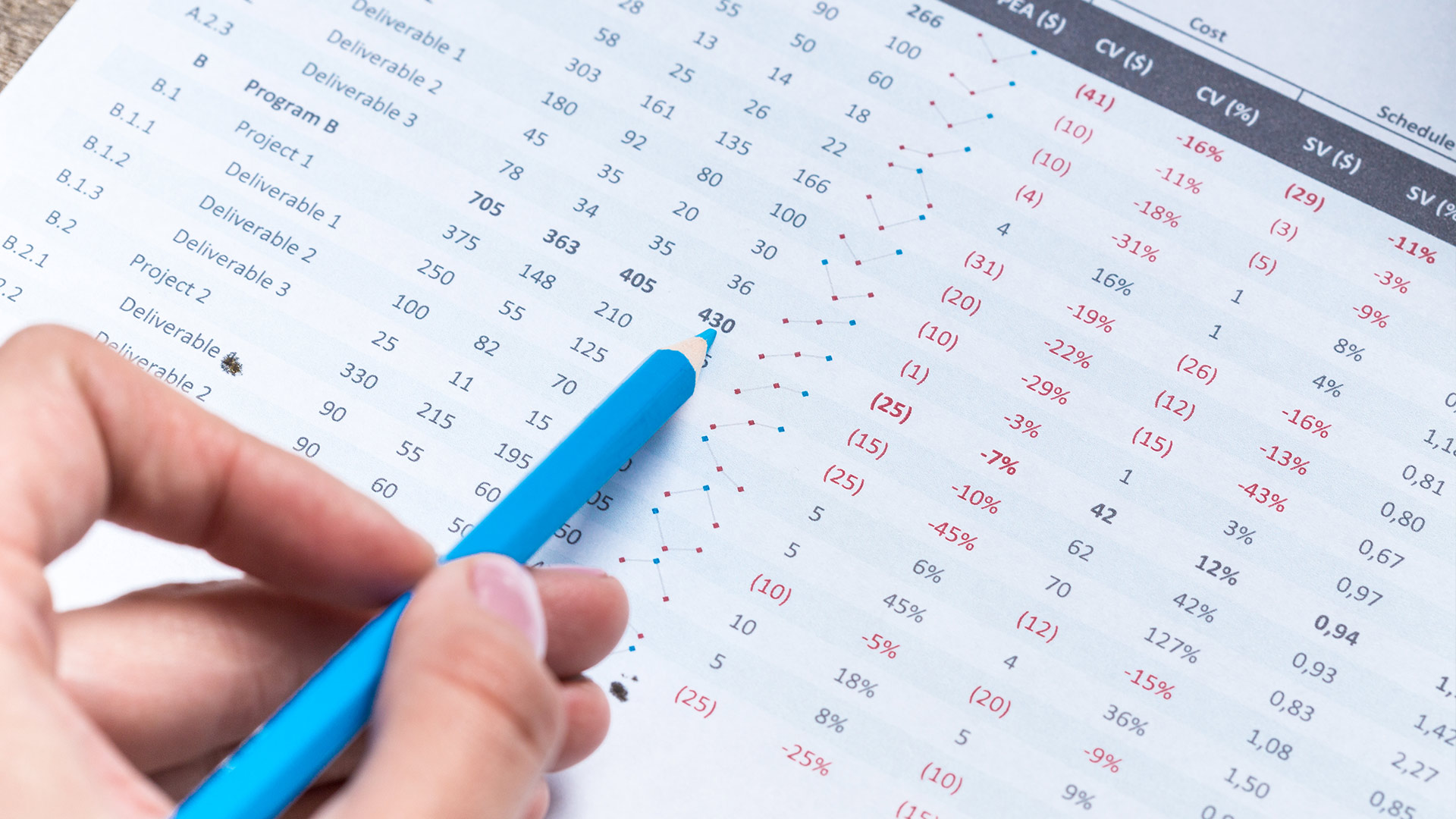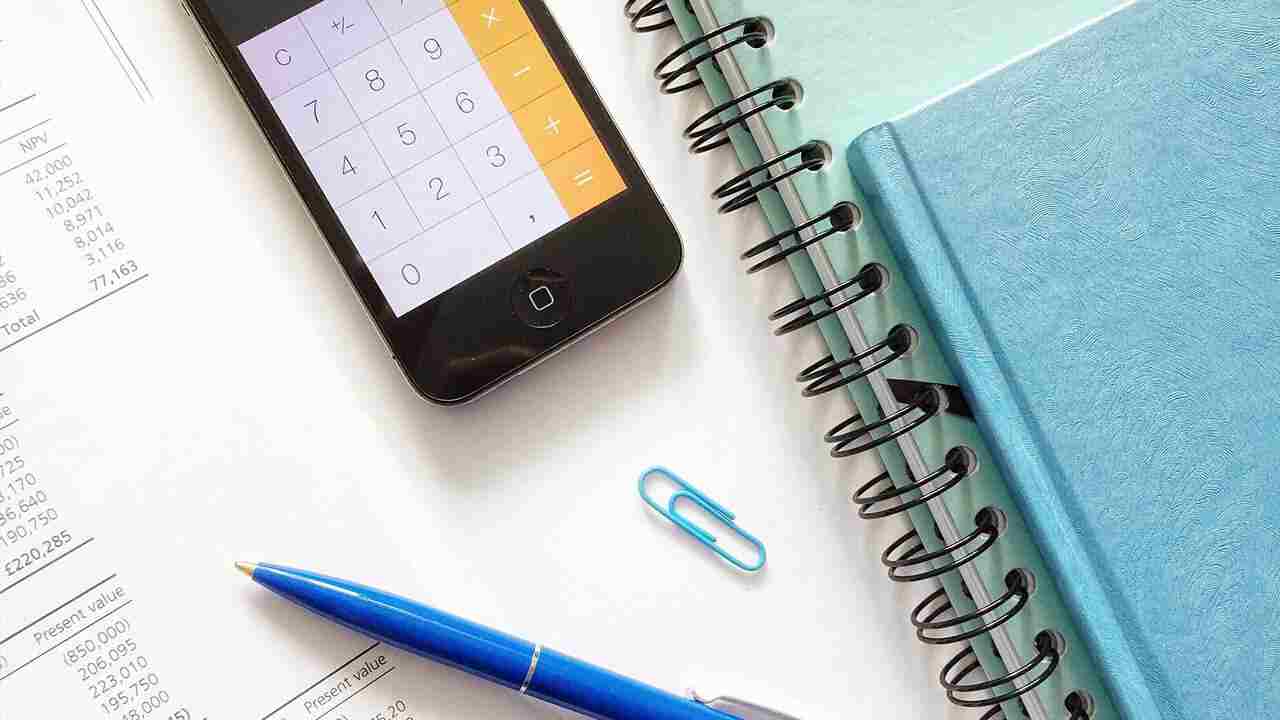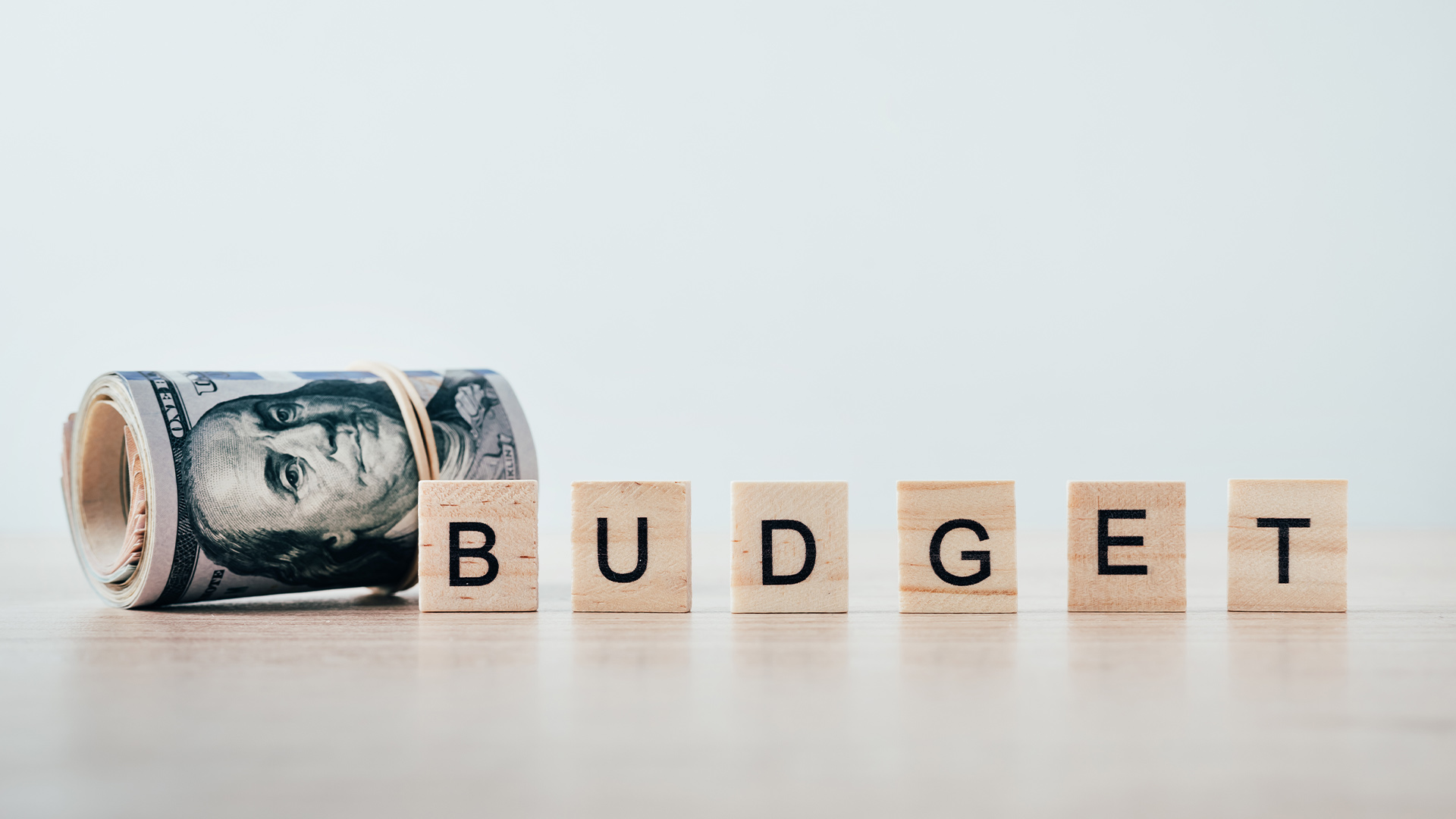
The Ultimate Daily Money Tracker
It’s the slow leak of daily spending that drains your budget. That’s why a simple daily money tracker is one of the most effective tools you can use to stay in control.
Good financial habits don’t just happen--they’re built. And sometimes, the best way to build them isn’t with pure willpower, but with the right tools nudging you in the right direction. That’s where habit-forming finance apps come in. They’re not magic, but when chosen well, they can turn daily tasks like budgeting or saving into automatic routines.

Good financial habits don’t just happen--they’re built. And sometimes, the best way to build them isn’t with pure willpower, but with the right tools nudging you in the right direction. That’s where habit-forming finance apps come in. They’re not magic, but when chosen well, they can turn daily tasks like budgeting or saving into automatic routines.
This toolkit breaks down the best types of finance apps that support habit formation. Whether you’re just getting started or leveling up your system, these tools can help you build consistency without burnout.
To support real behavior change, the app should be:
If an app overwhelms you or demands perfection, it’ll sit unopened. The best apps feel like a coach or sidekick--not a lecture.
Top picks: You Need a Budget (YNAB), EveryDollar, Goodbudget, PocketGuard
These apps let you create a budget, track expenses in real time, and visually monitor progress.
Why it works: By checking in daily or weekly, you naturally become more aware of your spending patterns. Most of these apps reward consistency with clean visuals or budget summaries that feel satisfying to complete.
Best habit it builds: Daily awareness of cash flow.
Top picks: Chime, Qapital, Digit, or built-in rules from your bank
These tools help you save without thinking. You set rules (like rounding up purchases or saving $10 every Friday), and the app does the rest.
Why it works: It eliminates friction. You’re not relying on motivation--you’re using tech to make the behavior automatic.
Best habit it builds: Consistent saving, even during low-motivation days.
Top picks: Prism, Rocket Money (Truebill), Google Calendar
Track all your bills, get reminders, and view due dates in one place.
Why it works: By removing mental load, you avoid last-minute scrambles and late fees. Some apps even pay bills automatically if you enable it.
Best habit it builds: On-time payments and planning ahead.
Top picks: Undebt.it, Debt Payoff Planner, Tally
These apps let you input your balances and track your payoff progress using the snowball or avalanche method.
Why it works: Seeing balances drop or “debt bars” shrink over time is motivating. It keeps your long-term goal visible and reachable.
Best habit it builds: Ongoing debt awareness and momentum.
Top picks: Monarch Money, Personal Capital, Excel templates
Track all your assets (bank accounts, investments, savings) and liabilities (debts) in one place.
Why it works: Instead of obsessing over every latte, you focus on the big picture. Watching your net worth grow over time reinforces positive financial behavior.
Best habit it builds: Monthly check-ins and wealth mindset.
Top picks: Flipboard, curated YouTube channels, podcasts, blog RSS readers
Follow accounts or channels that consistently post practical, actionable financial advice.
Why it works: You absorb knowledge without scheduling study time. The right voices keep you engaged and curious.
Best habit it builds: Ongoing financial learning.
Top picks: Streaks, Done, Habitica, Notion
Log daily actions like “checked budget,” “logged expenses,” or “no spend day.”
Why it works: Habit tracking gamifies your progress. Seeing a streak grow taps into reward centers in your brain.
Best habit it builds: Daily consistency with your most important money behaviors.
You don’t need every app on this list. Pick 2 or 3 that align with your current goals:
Stick with them for at least a month. Repetition builds confidence--and confidence builds momentum.
Don’t fall into the trap of setting up a perfect system you won’t actually use. Your financial habits should fit into your life--not take it over.
Use tools that:
You don’t need to be obsessed--you just need to be consistent. With the right apps, your good financial habits won’t just stick. They’ll become second nature.

It’s the slow leak of daily spending that drains your budget. That’s why a simple daily money tracker is one of the most effective tools you can use to stay in control.

Spreadsheets might not be the sexiest part of managing money, but they’re one of the most powerful. A good budget spreadsheet saves you time, cuts down on stress, and shows you exactly where your money’s going--and where it should go instead.

If you’ve ever felt like you’re managing your money in a fog--checking five different apps, forgetting what bills are due, or losing track of your goals--a daily finance dashboard can clear it all up. It’s not just for data geeks or spreadsheet lovers. It’s a tool anyone can use to stay financially grounded in just a few minutes a day.